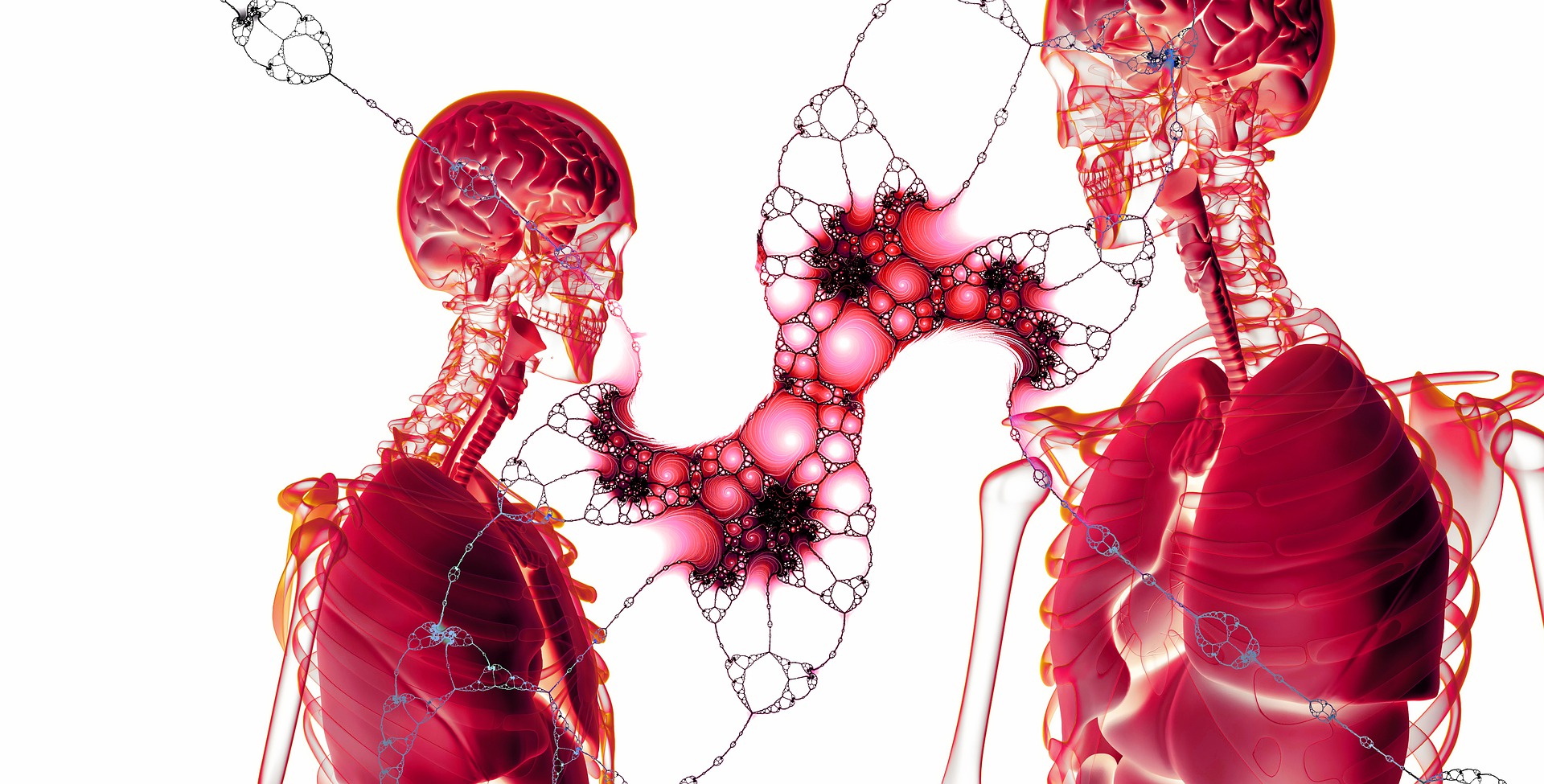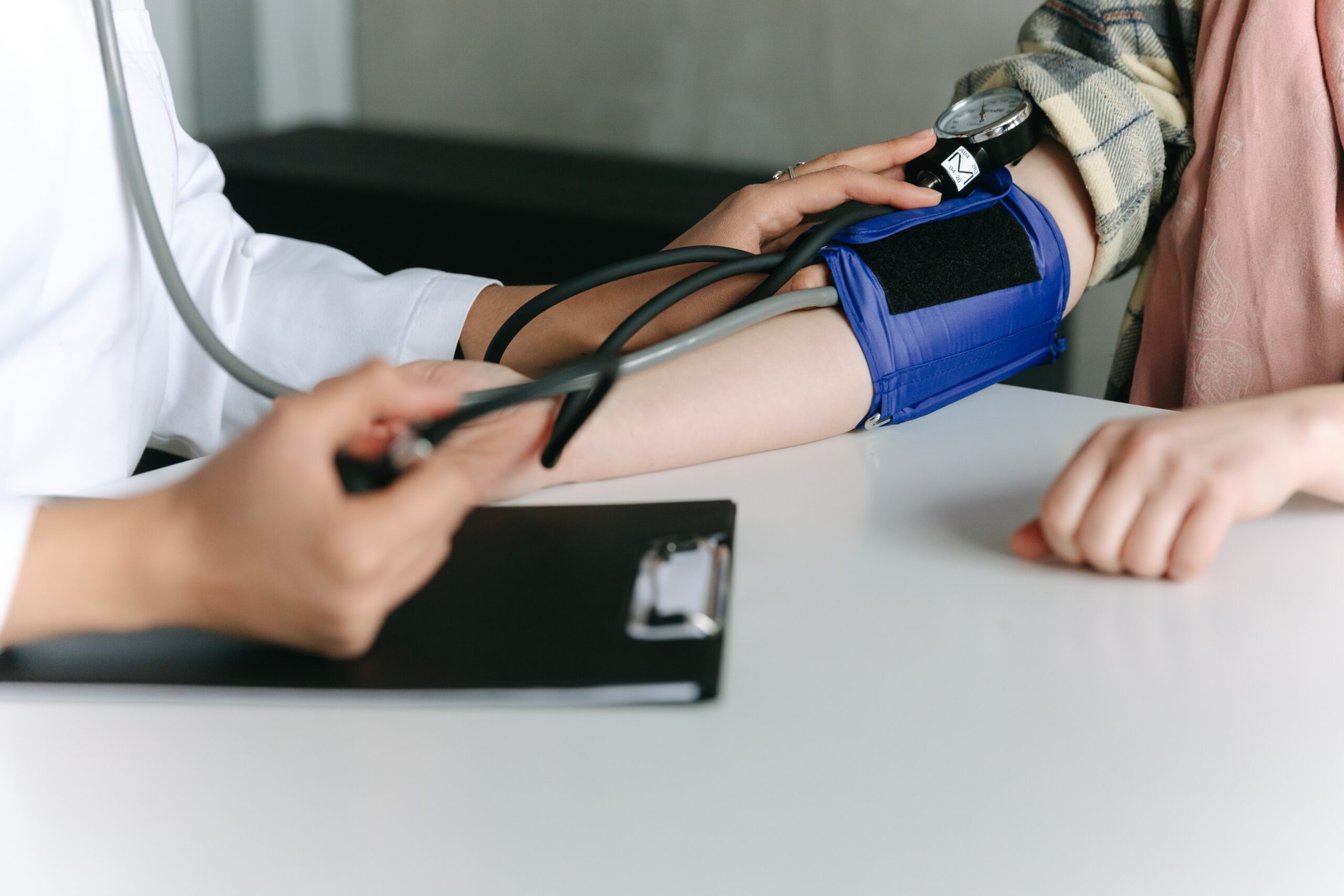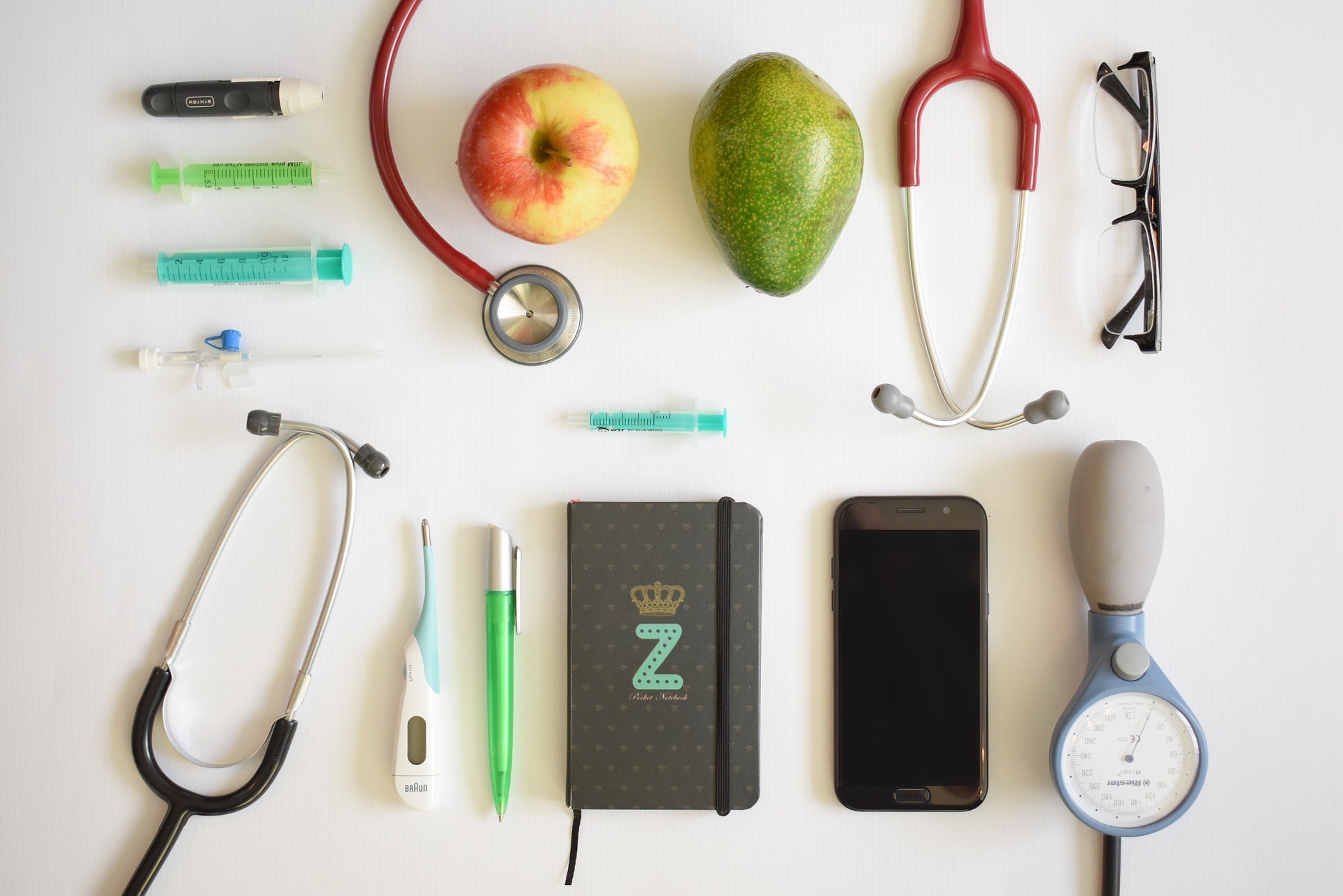Listen to Your Body: 10 Ways to Identify Hypertension Symptoms

Hypertension, often referred to as high blood pressure, is a common yet potentially serious health condition. What makes it particularly concerning is that it can develop silently, without noticeable symptoms in its early stages. However, there are subtle signs that, when recognized, can prompt you to take action. In this article, we will explore ten ways to identify hypertension symptoms and why paying attention to your body is crucial for your well-being.
1. Frequent Headaches:
Persistent headaches, particularly at the back of the head, can sometimes be a sign of underlying hypertension, also known as high blood pressure. Here’s how this connection can occur:
- Increased Blood Pressure: Hypertension is a condition characterized by consistently high blood pressure. When blood pressure rises, it can affect the blood vessels throughout the body, including those in the brain.
- Pressure on Blood Vessels: High blood pressure can cause the blood vessels in the brain to become narrower or less flexible. This increased pressure and reduced flexibility can lead to strain on the blood vessels.
- Occipital Region: The occipital region is the area at the back of the head. It is supplied with blood by the vertebral arteries, which run up the back of the neck. When the blood vessels in this area experience increased pressure, it can result in headaches, often described as throbbing or aching at the back of the head.
- Morning Headaches: Hypertension-related headaches, particularly at the back of the head, are sometimes more pronounced in the morning. This is because blood pressure tends to rise during the night, and the headache may be a result of the increased pressure during sleep.
It’s important to note that not everyone with hypertension will experience headaches, and not all headaches at the back of the head are related to high blood pressure. However, if you have persistent headaches, especially if they are accompanied by other symptoms like dizziness, blurred vision, nosebleeds, or fatigue, it’s essential to monitor your blood pressure and consult a healthcare professional.
2. Dizziness and Lightheadedness:
- Sudden dizziness or feeling lightheaded can be a symptom of hypertension (high blood pressure) due to several reasons:
- Reduced blood flow to the brain: Hypertension can lead to the narrowing of blood vessels, reducing blood flow to the brain. This reduced blood supply can result in dizziness or lightheadedness.
- Blood pressure spikes: Rapid increases in blood pressure, often referred to as hypertensive crises, can cause sudden symptoms like dizziness. These spikes can be triggered by stress, medication non-compliance, or underlying health conditions.
- Organ damage: Over time, untreated hypertension can damage blood vessels and organs, including the brain. This damage can disrupt the body’s ability to regulate blood pressure, leading to symptoms like dizziness.
- Medication side effects: Some medications used to manage hypertension can have side effects, including dizziness or lightheadedness. It’s important to discuss any such symptoms with a healthcare provider to adjust the treatment plan if necessary.
- Orthostatic hypotension: In some cases, hypertension may coexist with orthostatic hypotension, a condition where blood pressure drops when you stand up. This can cause a sudden drop in blood pressure, leading to dizziness.
Nosebleeds:
Frequent or severe unexplained nosebleeds can sometimes be indicative of hypertension (high blood pressure). Here’s how:
- 1. Increased Pressure: Hypertension puts extra pressure on blood vessels throughout the body, including the delicate blood vessels in the nose. When these vessels are under stress, they can become more prone to bleeding.
- 2. Damaged Blood Vessels: Persistent high blood pressure can damage the blood vessels in the nasal passages over time, making them more likely to rupture and cause nosebleeds.
- 3. Medications: Some medications used to treat hypertension, such as blood thinners, can increase the risk of nosebleeds as they affect the clotting process.
- 4. Symptoms: Although nosebleeds can be caused by various factors, they are sometimes one of the symptoms of uncontrolled hypertension. If someone experiences frequent nosebleeds along with other hypertension-related symptoms like headaches, dizziness, or chest pain, it could be a sign of elevated blood pressure.
Blurred Vision:
Hypertension, or high blood pressure, can affect blood vessels throughout the body, including those in the eyes. Here’s how it can lead to blurred vision:
- Increased Pressure: High blood pressure puts extra stress on the walls of blood vessels, including the delicate ones in the eyes. Over time, this increased pressure can weaken and damage the blood vessel walls.
- Narrowing of Blood Vessels: Hypertension can cause the small blood vessels in the eyes to narrow (vasoconstriction) or become less flexible. This reduces the amount of blood and oxygen that can reach the eye’s sensitive tissues.
- Damage to Retina: The retina is the light-sensitive layer at the back of the eye, responsible for transmitting visual signals to the brain. Reduced blood flow to the retina can lead to damage to its cells, including the light-sensitive cells called photoreceptors.
- Retinal Hemorrhages: Severely elevated blood pressure can lead to retinal hemorrhages, which are tiny bleeding spots in the retina. These hemorrhages can obscure vision and result in blurred or distorted vision.
- Fluid Accumulation: Hypertension can disrupt the balance of fluids in the eye, leading to the accumulation of fluid in the macula, the central part of the retina responsible for sharp central vision. This condition, known as macular edema, can cause blurred or distorted central vision.
- Optic Nerve Damage: High blood pressure can damage the optic nerve, which transmits visual information from the eye to the brain. Damage to the optic nerve can result in vision problems, including blurred vision.
- Hypertensive Retinopathy: In severe cases, longstanding hypertension can lead to a condition called hypertensive retinopathy, characterized by various retinal changes, including swelling, narrowing of blood vessels, and even the formation of new, abnormal blood vessels. These changes can significantly impair vision.
Shortness of Breath:
Difficulty in breathing or shortness of breath during light activities can be a warning sign of underlying hypertension (high blood pressure) due to the following reasons:
- Increased Cardiac Workload: Hypertension forces the heart to work harder to pump blood against elevated resistance in the arteries. This extra strain can lead to breathlessness, especially during mild exertion.
- Reduced Oxygen Supply: High blood pressure can cause narrowing of blood vessels throughout the body, including those in the lungs. This narrowing can limit the oxygen supply to the heart and muscles, resulting in shortness of breath during physical activities.
- Fluid Accumulation: Hypertension can disrupt the balance of fluids in the body, potentially leading to fluid retention in the lungs (pulmonary edema). This buildup of fluid can interfere with normal breathing and cause breathlessness.
- Heart Problems: Chronic hypertension can lead to heart conditions like left ventricular hypertrophy or heart failure, both of which can contribute to difficulty in breathing, especially during light exercise.
- Risk of Stroke: Uncontrolled hypertension increases the risk of stroke, which can impact the brain’s control over breathing and respiratory muscles.
Chest Pain:
Chest pain or discomfort can sometimes be associated with hypertension (high blood pressure) due to several reasons:
- Hypertensive Crisis: Extremely high blood pressure can lead to a hypertensive crisis, which may cause chest pain. This condition requires immediate medical attention.
- Cardiac Strain: Prolonged high blood pressure can strain the heart, leading to conditions like left ventricular hypertrophy. This can reduce blood flow to the heart muscle, causing chest pain or angina.
- Atherosclerosis: Hypertension is a risk factor for atherosclerosis (narrowing of arteries due to plaque buildup). When coronary arteries are affected, it can lead to chest pain, known as angina or even heart attacks.
- Stress and Anxiety: Hypertension is often linked to stress and anxiety, which can manifest as chest discomfort or pain. It’s essential to differentiate this from cardiac-related pain.
- Medication Side Effects: Some medications used to treat hypertension might have side effects that cause chest discomfort. This can vary from person to person.
- Other Risk Factors: Hypertension often coexists with other risk factors for heart disease, such as obesity and high cholesterol, increasing the likelihood of chest pain.
Irregular Heartbeat:
Palpitations or irregular heartbeats can be related to high blood pressure (hypertension) due to several interconnected factors:
- Increased Workload: High blood pressure forces the heart to work harder to pump blood throughout the body. Over time, this can lead to changes in the heart’s structure and function, making it more prone to irregular rhythms.
- Hypertension-Induced Cardiac Stress: Elevated blood pressure can cause stress on the heart muscle, leading to conditions like left ventricular hypertrophy (thickening of the heart’s main pumping chamber). This structural change can disrupt the heart’s electrical signals and contribute to irregular heartbeats.
- Atrial Fibrillation (AFib): High blood pressure is a significant risk factor for developing atrial fibrillation, a common arrhythmia where the heart’s upper chambers (atria) beat irregularly. AFib can result in palpitations and increase the risk of stroke and other heart-related complications.
- Increased Risk of Other Heart Conditions: Hypertension is often associated with other heart conditions, such as coronary artery disease and heart failure. These conditions can also lead to irregular heart rhythms and palpitations.
- Medication Side Effects: Some medications used to treat high blood pressure, like beta-blockers, may affect the heart’s electrical conduction system, potentially leading to palpitations or irregular heartbeats as a side effect.




